The App Development BS Detector: Finding Real Excellence in India
Looking for mobile app developers in India? Find out what the sales teams won't tell you about choosing the right partner.

The client smiled and signed the contract. Their app would be ready in 8 weeks. Six months later, they were still waiting.
This scenario plays out daily across boardrooms in India's bustling tech landscape. A tale as old as the smartphone era itself. Companies promise the moon, deliver a pebble, and leave businesses wondering where they went wrong in their selection process.
I've seen it happen too many times. As the founder of 1985 Software Solutions, I've spent the last 12 years watching the mobile app development space in India transform from a cottage industry into a global powerhouse. And I've witnessed the aftermath when companies choose the wrong development partner.
But here's the truth nobody tells you: the "best" mobile app development company for Startup A might be a disaster for Enterprise B. There is no universal "top" developer. There are only right and wrong fits for your specific project.
Let's cut through the marketing speak and get to what really matters when choosing a mobile development partner in India.

The State of Mobile App Development in India: 2025 Edition
The Indian mobile app development market has matured dramatically. We're no longer just the destination for cost-effective development. India now houses specialized powerhouses that compete globally on innovation, not just price.

The numbers tell an interesting story. According to NASSCOM, India's mobile app development sector grew by 28% in 2024 alone, reaching a valuation of $15.5 billion. With over 19,000 tech startups, India now ranks third globally for tech innovation.
But these macro trends hide a more nuanced reality. While the industry expands, the gap between elite developers and mediocre ones has widened. As Flutter developer and industry consultant Rahul Sharma notes, "The top 15% of Indian development firms are operating at standards equal to or exceeding Silicon Valley, while many others continue to trade solely on price advantages."
This bifurcation has created an interesting dynamic: elite Indian development partners that deliver world-class products alongside budget shops that continue to perpetuate outdated stereotypes.
What's changing most rapidly is specialization. Generic "we do everything" development shops are giving way to highly specialized teams that focus on specific industries or technologies. The days of the generalist mobile app developer are numbered.

Looking Beyond the Portfolio: What Actually Matters
Every mobile app development company displays an impressive portfolio. Sleek apps with millions of downloads. Glowing testimonials from happy clients. Awards that sound important. But here's the uncomfortable truth: portfolios can be misleading.
I've reviewed hundreds of portfolios that looked spectacular on paper but revealed serious flaws upon deeper investigation. Here's what to look for beyond the glossy screenshots:
Technology Stack Specialization
The mobile development landscape has fragmented into specialized domains. Some companies excel in cross-platform development with Flutter or React Native. Others deliver unmatched performance with native iOS and Android development. Still others have mastered specific backend integrations or industry-specific compliance requirements.

The wrong technology stack choice can cost you months of development time and hundreds of thousands in rework. Here's how to evaluate tech stack expertise:
- Ask for technology justification: Elite development partners can articulate why they chose specific technologies for past projects. Lower-quality shops often default to whatever technology they happen to know, regardless of project needs.
- Look for specialization patterns: If a company claims expertise in 15 different frameworks, be skeptical. True mastery typically comes from focusing on a smaller set of technologies.
- Request code architecture explanations: Top firms can explain their architectural decisions and demonstrate how they've solved complex problems. This signals deep knowledge versus surface-level familiarity.
One CTO from a healthcare startup shared with me: "We hired a company that promised React Native expertise. Six months in, we discovered they were learning React Native on our project. We had to scrap everything and start over."
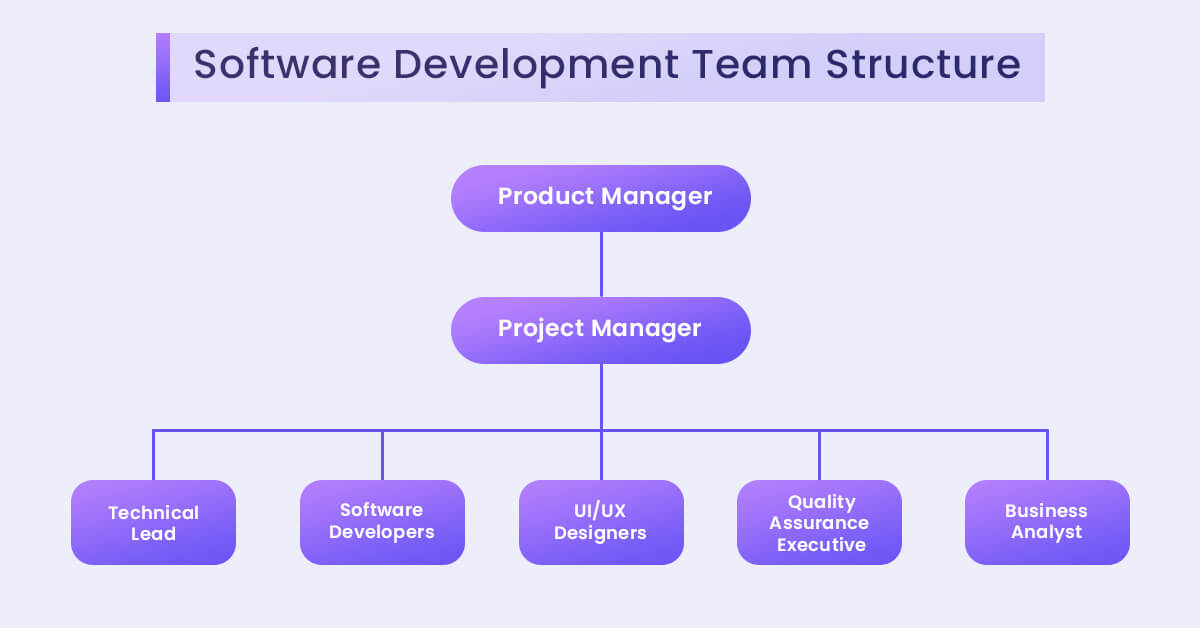
Team Composition and Involvement
Who will actually build your app? This question reveals more than any portfolio. Many companies present their A-team during sales pitches, only to assign inexperienced developers once contracts are signed.
Vinod Khosla, founder of Khosla Ventures, once said: "In technology, I've never seen a project saved by the B or C team." This holds especially true for mobile app development.
Here's what to investigate:
- Meet the actual developers: Request introduction calls with the specific developers who will work on your project.
- Check for founder involvement: At 1985, I personally engage with new clients for the first 1-2 months. This level of senior leadership involvement is common among elite firms but rare among mass-market developers.
- Look for team longevity: Development teams with low turnover deliver more consistent results. Ask about developer retention rates and team stability.
- Evaluate communication processes: Top firms have structured communication protocols that don't rely on a single point of contact. If one person leaves, your project shouldn't collapse.

Process Maturity: The Hidden Differentiator
Development methodologies aren't sexy to discuss. They don't make for impressive portfolio screenshots. But they often determine success or failure more than any other factor.
When I audit failed projects, process breakdowns are almost always the root cause. Here's what separates elite development partners from the rest:

Requirements Engineering
Elite firms invest heavily in understanding what you're trying to build before writing a single line of code. This front-loaded investment might feel slow initially but prevents costly changes later.
Look for development partners who:
- Push back on ambiguous requirements: The best developers ask detailed, sometimes uncomfortable questions that force clarity.
- Create user stories with acceptance criteria: Elite teams document exactly how features should function before development begins.
- Develop interactive prototypes: Top firms build clickable prototypes to validate requirements before committing to full development.
- Map user journeys: Leading developers document complete user flows, not just individual screens or features.
As one product manager told me after switching to a high-end development partner: "We spent three weeks just defining requirements. I was anxious about the pace, but we launched on time with zero critical bugs—a first for us."

Quality Assurance Approach
The difference between mediocre and excellent mobile apps often comes down to QA processes. Budget developers typically treat testing as an afterthought. Elite partners integrate it throughout the development lifecycle.
When evaluating QA maturity, look for:
- Dedicated QA specialists: Not developers pulling double-duty as testers.
- Automated testing: Manual testing alone can't ensure app quality as complexity increases.
- Device testing protocols: Clear processes for testing across different device models, screen sizes, and OS versions.
- Performance testing: Procedures for validating app performance under various network conditions and user loads.
One telling question to ask: "Can you share a recent bug report from your QA team?" The level of detail in their reporting reveals much about their overall quality processes.
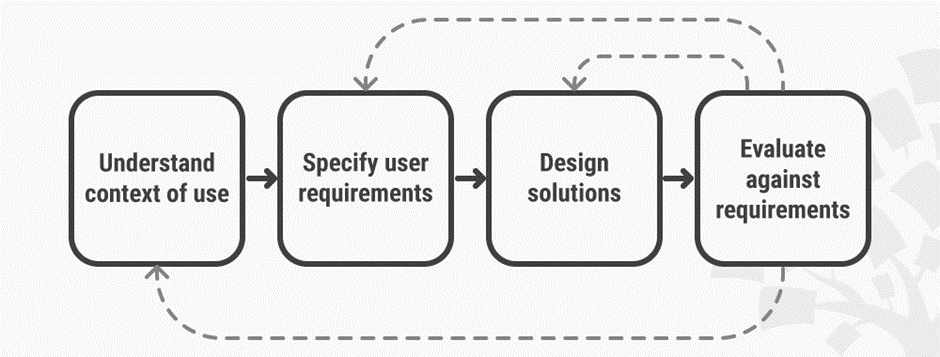
User-Centered Design Approach
Great mobile experiences start with great design processes. Elite development partners integrate user research, iterative design, and usability testing into their workflows.
Effective design processes include:
- User research methods: How the team gathers insights about your target users.
- Design systems: Component-based design that ensures consistency across the app.
- Usability testing protocols: How designs are validated with real users before development.
- Design handoff processes: How designs are translated into development specifications.
As one design director shared: "The difference between good and great mobile apps is rarely about flashy animations. It's about thoughtful interactions that feel effortless to users. Those only come from rigorous design processes."
The Transparency Spectrum: From Opaque to Crystal Clear
Communication breakdowns cause more project failures than technical limitations. Yet many companies evaluate development partners primarily on technical capabilities, overlooking communication practices.
In my experience, transparency correlates strongly with project success. Here's how to assess it:

Progress Visibility
Elite development partners provide real-time visibility into project status. This takes many forms:
- Live development environments: Access to the work-in-progress app throughout development.
- Project management tools: Shared access to task tracking systems where you can see actual progress.
- Scheduled demos: Regular demonstrations of completed functionality.
- Burndown charts: Visual representations of work completed versus remaining.
One project manager shared: "With our previous developer, we'd go weeks without seeing progress, then get a massive update that had numerous problems. Our current partner deploys to our testing environment daily. The difference in quality and alignment is night and day."

Bad News Delivery
How a company communicates problems often reveals more than how they report successes. Elite partners are transparent about challenges as they arise.
Signs of healthy problem communication include:
- Early escalation: Problems are reported when discovered, not when they become crises.
- Solution-oriented reporting: Issues are presented alongside potential resolutions.
- Root cause analysis: Problems are examined for underlying causes, not just symptoms.
- Honesty about limitations: Willingness to admit when something can't be done as specified.
One technical director told me: "I knew we had found the right partner when they called an emergency meeting because they discovered a security vulnerability in our planned approach. They refused to proceed until we addressed it, even though it meant delays. That kind of integrity is rare."
Specialized Expertise: Industry-Specific Knowledge
Generic development skills are becoming commoditized. The real value increasingly comes from domain expertise in specific industries. Here's where specialized knowledge makes the biggest difference:
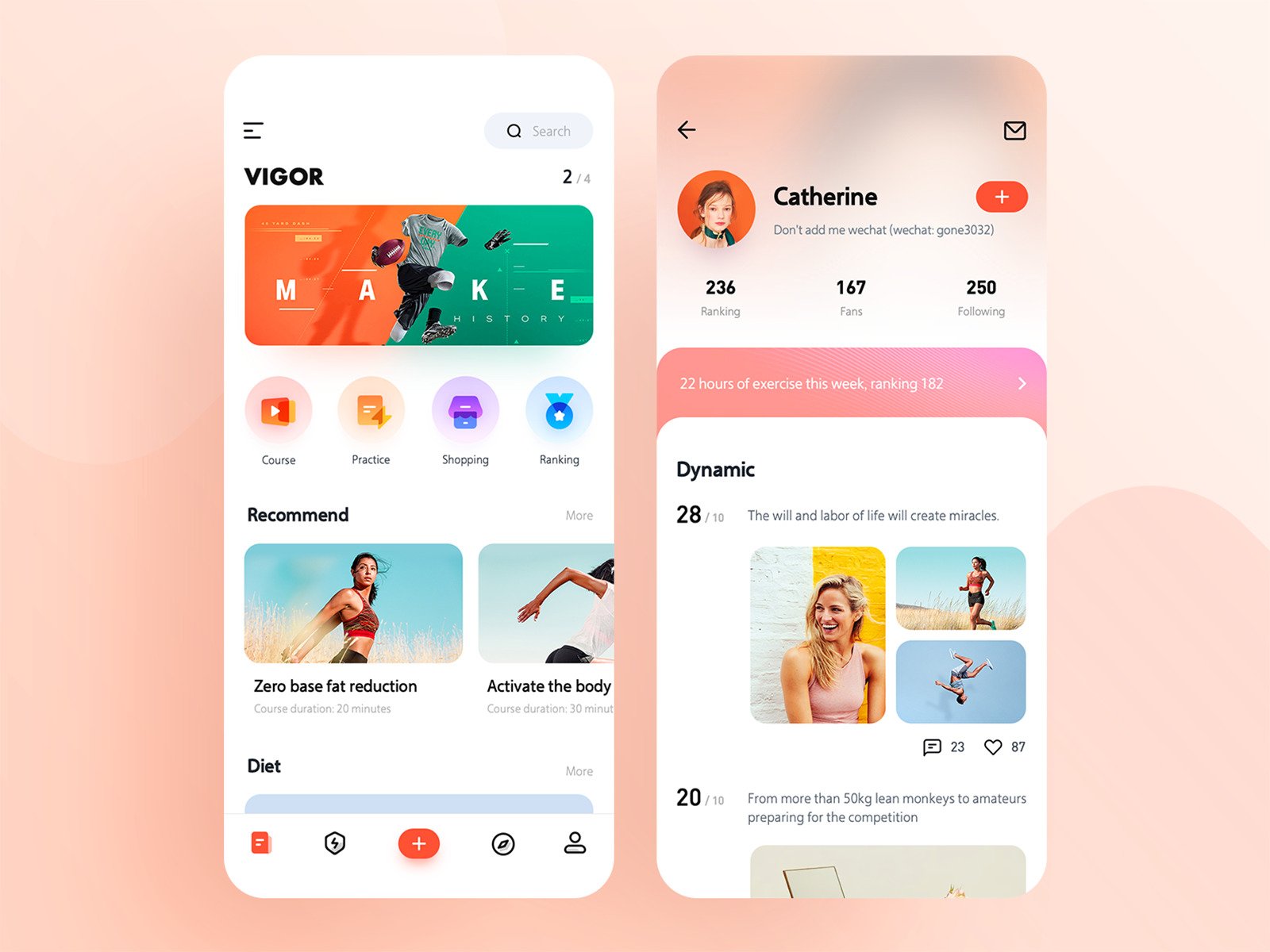
Healthcare App Development
Healthcare apps face unique challenges in security, compliance, and user experience. Elite healthcare app developers understand:
- HIPAA compliance requirements: Not just for data storage, but for the entire user journey.
- Electronic health record (EHR) integration: The complexities of connecting with healthcare systems.
- Medical device regulations: When apps qualify as medical devices requiring additional compliance.
- Clinical workflow optimization: How healthcare professionals actually use technology in practice.
As one healthcare startup founder shared: "We went through three development partners before finding one that understood healthcare. The others built technically sound apps that doctors would never use because they didn't fit clinical workflows."

Fintech Mobile Applications
Financial applications require specialized knowledge in security, compliance, and user trust. Look for expertise in:
- Financial data security: Protection beyond standard app security measures.
- Regulatory compliance: Understanding of KYC, AML, and other financial regulations.
- Payment gateway integrations: Experience with the complexities of payment processing.
- Financial UX patterns: User experience design that builds trust and confidence.
A fintech entrepreneur noted: "Our first developer built a beautiful app that banks refused to work with because it didn't meet their security requirements. Our current partner navigated the banking relationships for us because they'd done it before."
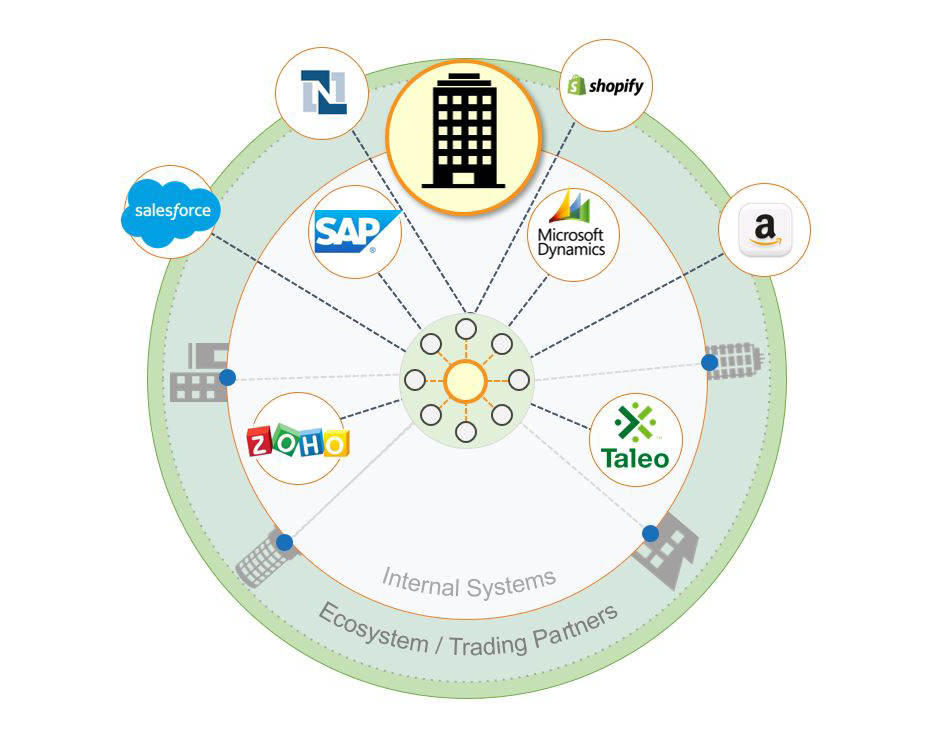
Enterprise Integration Expertise
Enterprise apps require seamless connections to existing business systems. Elite enterprise app developers understand:
- Authentication systems: Integration with corporate identity providers.
- ERP and CRM connectors: Experience connecting with major enterprise systems.
- Offline functionality: Strategies for maintaining functionality with intermittent connectivity.
- Corporate security policies: Navigation of enterprise security requirements.
One enterprise architect shared: "Consumer app developers struggle with enterprise requirements. They don't understand the complexities of connecting to legacy systems or the security constraints we operate under."

Red Flags That Should Send You Running
After reviewing hundreds of mobile app projects, patterns emerge among failed engagements. Watch for these warning signs during the evaluation process:
Overeager Agreement
Development partners who agree to every request without pushback often deliver disappointment. Elite partners will challenge unrealistic expectations and suggest alternatives.
One product manager shared: "I knew we were in trouble when our developer agreed to build a TikTok competitor with custom video filters in three months for $30,000. They should have told us it was impossible."
Vague Estimations
Elite developers provide detailed breakdowns of time and cost estimates. Be wary of partners who offer only high-level estimates without explaining their assumptions.
Limited Discovery Phase
The best development partners insist on thorough discovery before providing firm estimates. Companies that rush to provide fixed quotes without understanding your needs are likely cutting corners.
Outdated Technology Recommendations
Mobile technology evolves rapidly. If a development partner recommends approaches that were standard 3-4 years ago without discussing newer alternatives, they may not be keeping up with the field.
As one CTO noted: "Our developer recommended a technology stack that was already being deprecated. When questioned, they admitted they hadn't updated their standard approach in years."

Making the Final Decision: Beyond Capabilities
Once you've identified technically capable partners, the final selection often comes down to fit. Consider these often-overlooked factors:
Cultural Alignment
The most successful partnerships share values and working styles. Consider:
- Communication preferences: Do they communicate in ways that work for your team?
- Work cadence: Do their working hours and sprint cycles align with your needs?
- Decision-making approaches: How do they handle ambiguity and competing priorities?
- Problem-solving styles: Do they approach challenges in ways that complement your team?
One project manager shared: "We chose a partner with slightly less experience because their collaborative approach aligned better with our team. It was the right decision—the relationship has been seamless."
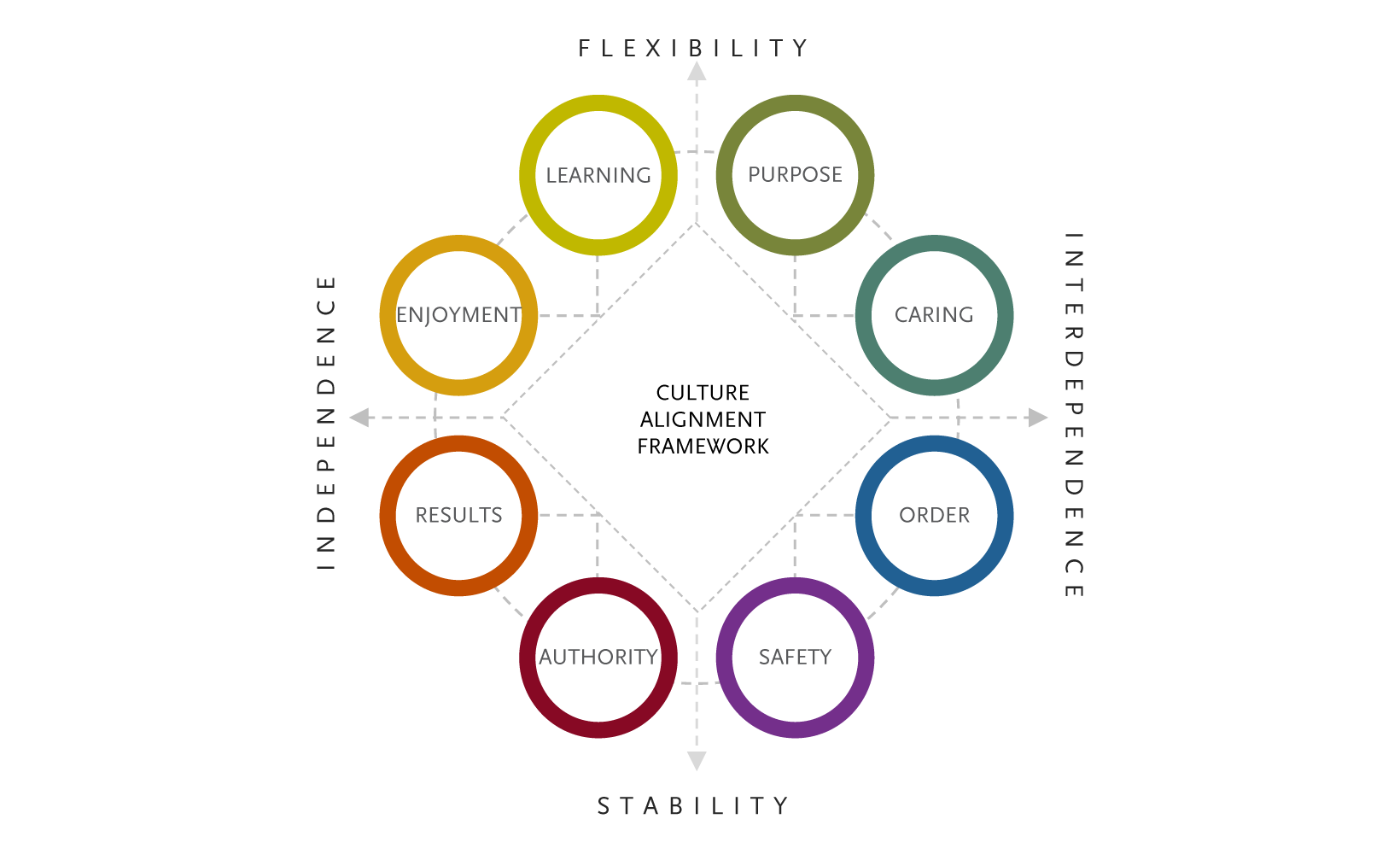
Long-Term Partnership Potential
The best mobile app development relationships extend beyond initial launch. Evaluate potential partners on:
- Maintenance approaches: How they handle ongoing updates and support.
- Knowledge transfer practices: How they document and share knowledge about your app.
- Scaling capabilities: How they can adapt as your needs grow.
- Team stability: The likelihood of maintaining consistent team members over time.
A successful entrepreneur told me: "We've worked with the same development partner for five years across three different products. The institutional knowledge they've built about our business is more valuable than any technical skill."
Choosing Wisely in a Maturing Market
India's mobile app development landscape has evolved dramatically. The decision is no longer simply about finding capable developers—it's about finding the right specialized partner for your specific needs.
The most successful engagements come from thorough evaluation focused on:
- Looking beyond portfolios to understand actual team composition and capabilities
- Evaluating process maturity across requirements, quality assurance, and design
- Prioritizing transparency in both progress reporting and problem resolution
- Seeking specialized expertise relevant to your industry and use case
- Watching for red flags that signal potential issues
- Considering cultural fit for long-term partnership success
The mobile app market grows more competitive each year. Users expect seamless experiences and flawless functionality. Meeting these expectations requires more than just technical skills—it requires the right development partnership.
As we say at 1985: the right development partner doesn't just build your app; they build your competitive advantage. Choose wisely, and your mobile application won't just launch—it will thrive.
Sharath Shambu is the Founder of 1985 Software Solutions, a custom software development company that has helped startups and enterprises build market-leading applications for over 12 years.



